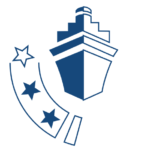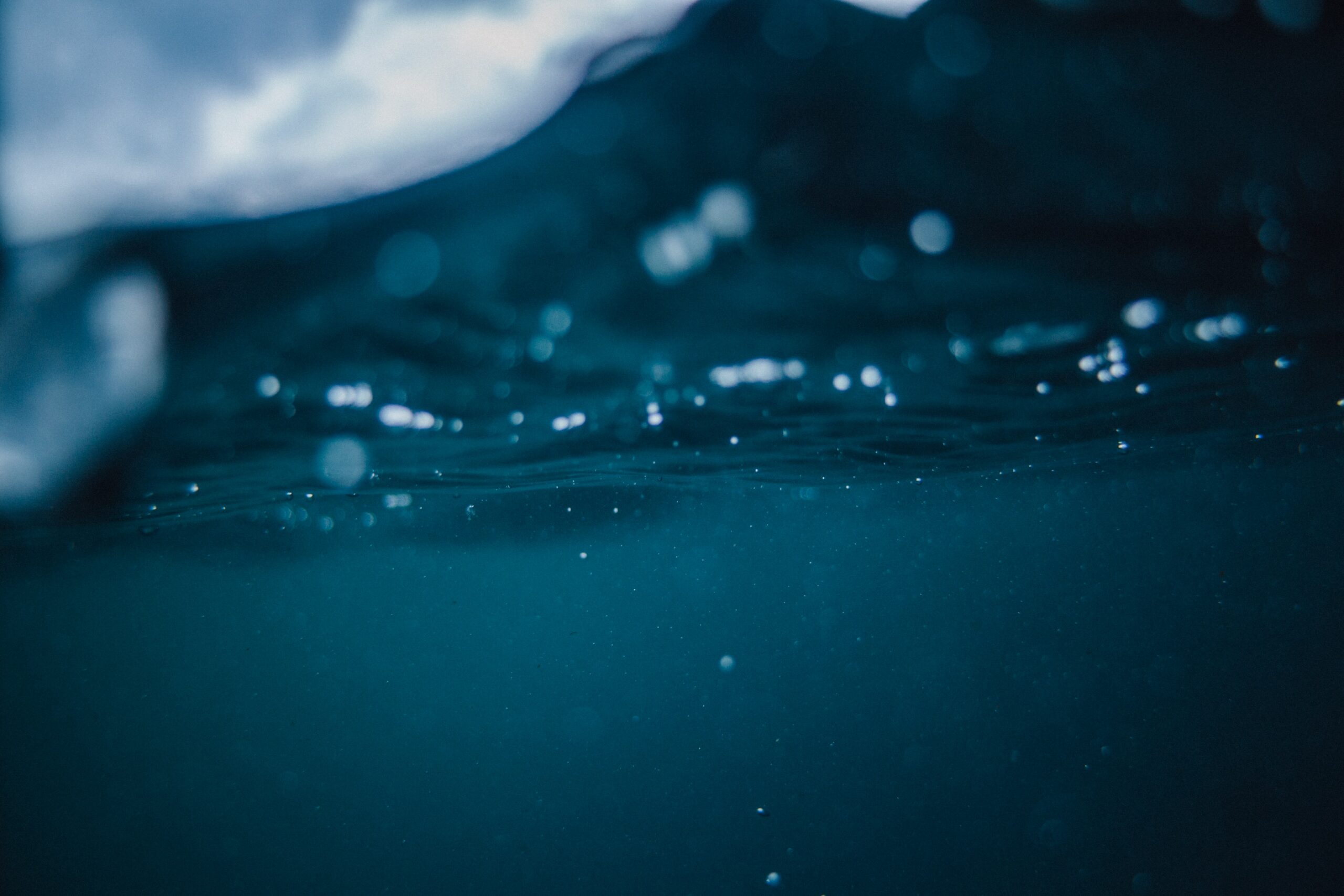Eurofleets+, a leading consortium of research vessels facilitating marine science and research, and GROOM II, an innovative research infrastructure for marine autonomous systems, are pleased to announce a ground-breaking Memorandum of Understanding (MoU) to foster collaborative efforts in advancing the field of marine science. This strategic partnership will focus on sharing experiences, optimising operations, and developing joint training activities to benefit members and users of both initiatives. The aim of this joint initiative is to leverage the strengths of both initiatives to promote the sharing of expertise, optimise operations, and drive innovation in the realm of marine science.
The Eurofleets+ Project is renowned for its commitment to facilitating multidisciplinary marine research by providing access to state-of-the-art research vessels and cutting-edge marine equipment. With a strong emphasis on fostering collaboration among European research communities, Eurofleets+ has been instrumental in promoting knowledge sharing and scientific advancements in the field.
GROOM II has established itself as a key player in the field of ocean observation by developing data interoperability, metadata standardisation, and operational services for Marine Autonomous Systems (MAS). Thanks to its innovative approaches to data integration and federation, GROOM II has paved the way for enhanced data sharing and sustainable research practices.


By joining forces, Eurofleets+ and GROOM II aim to leverage their respective expertise and resources to drive advancements in several key areas:
- Sharing experiences and best practices on data interoperability and metadata standardization: The collaboration will facilitate the exchange of knowledge and insights, allowing both parties to streamline data management processes and enhance data compatibility across diverse research domains.
- Sharing experiences and skills in integrating data through a federated sustainable approach: By pooling their expertise, Eurofleets+ and GROOM II will explore innovative methods of integrating data from various sources, ensuring seamless access to comprehensive datasets and enabling comprehensive analysis.
- Sharing relevant information and available materials for the implementation and operation of core services to users: This collaboration will enable the efficient exchange of information and resources, fostering the development and implementation of essential services to support the scientific community and stakeholders.
- Discussing innovation in e-science and IT systems development for hosting and operating core services: Eurofleets+ and GROOM II will engage in discussions and collaborative efforts to identify and implement innovative solutions in e-science and IT systems. This will ensure the efficient hosting and operation of core services, ultimately benefiting researchers and users.
- Optimising planning and operations of marine autonomous systems (MAS) and research vessels: By sharing expertise and best practices, both initiatives will work towards improving the planning and operations of MAS and research vessels. This will result in more efficient and effective research expeditions, maximizing the scientific output.
- Developing calibration and other operational services for members and users: Eurofleets+ and GROOM II will collaborate on the development of calibration services and operational tools, enhancing the capabilities and reliability of scientific instruments and services offered to their members and users.
- Developing joint training activities based on common requirements: Recognizing the value of shared knowledge and skills, Eurofleets+ and GROOM II will develop joint training activities tailored to the common needs of their members and users. These activities will empower researchers and stakeholders with the necessary expertise to drive scientific advancements.
This MoU represents an exciting milestone in the field of marine science and research, marking the beginning of a collaborative journey that will unlock new opportunities for innovation, knowledge sharing, and enhanced operational practices. Eurofleets+ and GROOM II are committed to working closely together, leveraging their collective strengths to overcome challenges and shape the future of marine science.
About Eurofleets+ Project:

